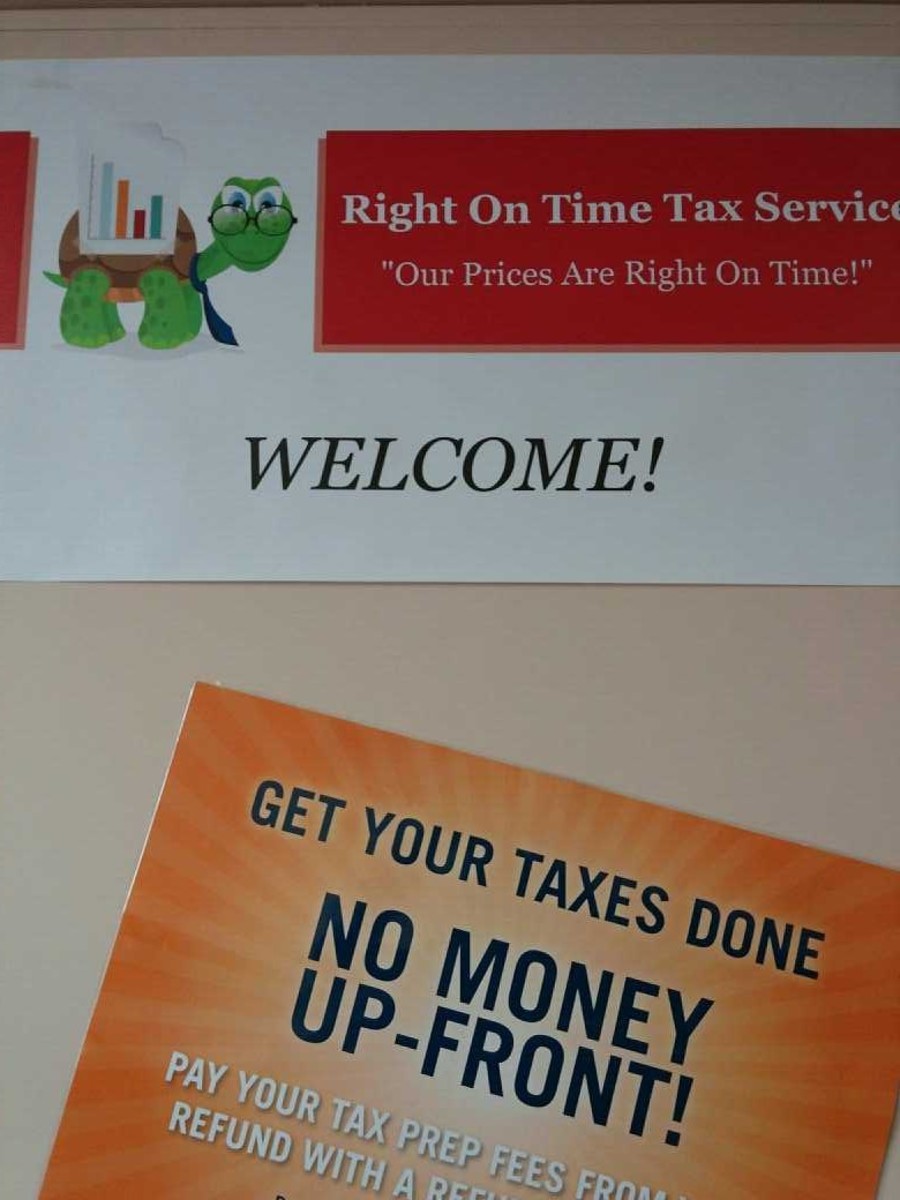Are You Young, Broke and Fabulous?

Suze Orman is my favorite personal finance expert. It’s been a while since I’ve watched her cable TV show, but I’m still a fan. I’m amused by the “Can I Afford It?” segment when Suze sizes up selected viewers’ financial state to see if they can afford the new boat, plastic surgery or vacation they desire. I’ve always liked her “people first, then money, then things” philosophy because it balances generosity, pleasure and saving for the future.
Money advice for young people
When I found The Money Book for the Young, Fabulous & Broke at a price I couldn’t pass up, I was certainly late to the party. Although it was published in 2005, I expected Suze’s advice to be relevant for today. The young, fabulous and broke people Suze was writing to, I imagined, were the college grads or young professionals just getting started in their careers and carrying a lot of student loan debt. The book is written in a question-and-answer format but is more of a resource manual to cover a plethora of personal finance problems.
What to do when you can't make ends meet
What should you do when you're living paycheck to paycheck? The chapter on student loans assumes the college-grad reader is carrying $30,000 in student loan debt and Suze acknowledges that times for this generation of young people are harder than for the previous young folks she has advised. She agrees with those who feel that saving money on a $3 latte here and there won’t help in such situations. But her solution is disappointing. Suze Orman instructs the young, broke and fabulous to put their living expenses on a credit card to make it through these initial lean, difficult years.
IN A NUTSHELL
You’ll probably like this book if:
- You want a reference to keep for years to come;
- You want to learn all about FICO scores, saving for retirement or combining finances with a spouse;
- You haven’t started a savings account yet.
- You need help tackling credit card debt.
You probably won’t like this book if:
- You want help creating or sticking to a budget;
- You want ideas to live frugally or to pay down debt;
- You’ve convinced that credit cards should only be used for emergencies;
- You’re focusing on short-term financial goals only.
Alternatives to Using Credit Cards
If you're looking for a different alternative, consider some extreme strategies for dealing with hard times:
- How to save on food costs: Learn how to use coupons to keep your grocery budget modest.
- Decorating tips: Give your house a new look with little money.
- Technology costs: Tame overages, roaming costs and data plans when you put your cell phone bill in its place.
- Save on education: Whether you're considering going back to school or attending for the first time, don't use credit cards to pay for it. Consider the best ways to pay for college.
- How to get free books: Become a book blogger and fuel a hobby of reading for pleasure without paying a penny!









